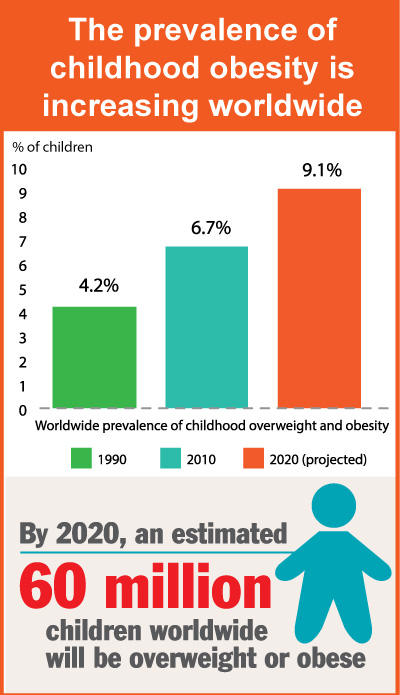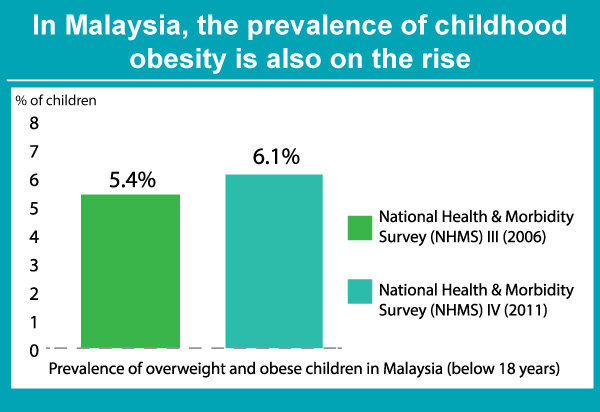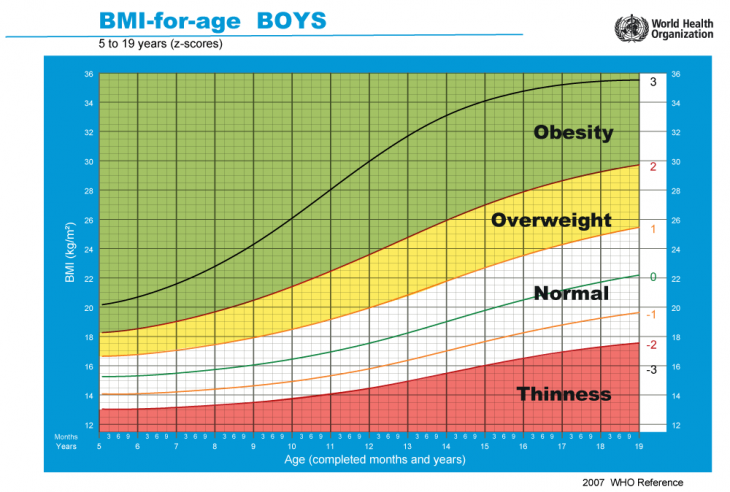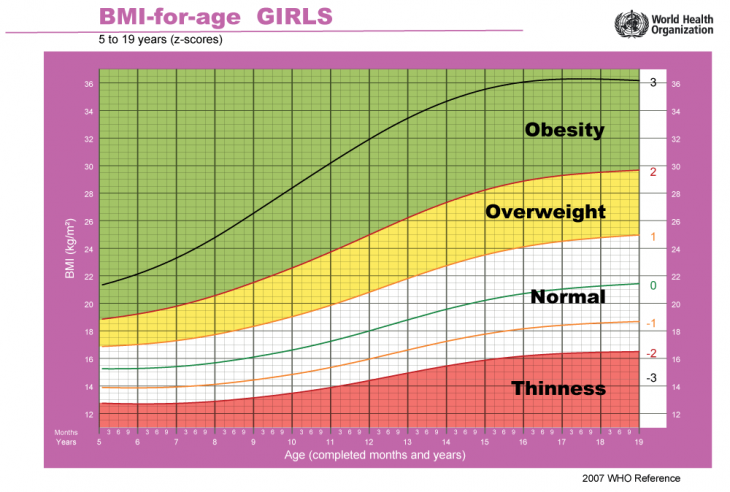

Nutrition Survey of Malaysian Children (SEANUTS Malaysia) showed that the prevalence of overweight and obesity for children 6 months to 12 years old were 9.8 % and 11.8 %, respectively.
Other studies conducted by the Nutrition Society of Malaysia (NSM) show a higher prevalence of childhood obesity in Malaysia:
- NSM study (2010) in Kuala Lumpur, Putrajaya, and Selangor showed that 14.5% (1 in 7) children aged 1-3 years were overweight and 16.6% (1 in 6) children aged 4-6 years were overweight.
- NSM NutriStudy project (2010) in Peninsular Malaysia of children aged 4-6 years showed that 16% (1 in 6) were overweight or obese.
- NSM Healthy Kids Programme (2010) and SEANUTS study (2011) showed that 30% (1 in 3) primary school children were overweight and obese.
- NSM MyBreakfast study (2013, unpublished) showed that 28% (1 in 4) primary school children were overweight and obese.
What does this mean?
Although these findings may not be strictly comparable because of different references used in determining overweight and obesity, it cannot be denied that overweight and obesity have become significant problems among children in Malaysia.
Furthermore, the findings show that the affected proportions of primary school children are alarming.
What are the dangers of obesity?
- associated with significant health problems (both in childhood and during adolescence)
- early risk factor for adult morbidity and mortality
- more medical problems happen in obese children/adolescents which affect their:
- cardiovascular health (e.g. high cholesterol, hypertension),
- endocrine system (e.g. high insulin levels, insulin resistance, menstrual irregularity)
- social stigma (e.g. becoming a bully, or is bullied or ostracised by his peers)
- mental health (e.g. depression, low selfesteem).
As many as 8 out of 10 obese children could have at least one of the above medical conditions.
Did you know?
Overweight children have a higher risk of growing up to become overweight or obese adults, thus facing a greater risk of developing diabetes, heart disease, and other chronic diseases.

How to prevent it
Teach your child healthy lifestyle habits from young – this is important as making changes is more difficult once he grows up. The key points to focus on are to cultivate healthy eating habits and a love for physical activity – these are the basics he should have in order to prevent obesity during his childhood and adolescence. As parents, you are his role models – lead by example and he will emulate you. You can achieve this by:
- Encouraging him to engage in regular physical activities both at home and at school. This can be in the form of both outdoor and indoor sports/games.
- Spend some time as a family on physical activities during weekends.
- Limit the time spent on physically inactive activities such as watching television or playing computer games.
When it comes to good nutrition, you should provide your family with a diet or meals that are healthy. Make it a point to offer healthier food choices and when you prepare meals for the whole family, use healthier cooking methods such as steaming, grilling, baking, or stir-frying. A healthy diet should incorporate the principles of balance, moderation, and variety – this means your child (and the rest of your family!) should
- eat a balanced diet that includes foods from all five food groups in the Malaysian Food Pyramid,
- eat in moderate portions (served according to the recommended number of servings per food group),
- eat a variety of foods to meet his nutritional needs.
Caution!
Never use food as a reward (e.g. “If you do well in your exams we’ll go for a big ‘makan’ together.” or “Finish your vegetables and I’ll let you have ice cream.”) as its impact will be far-reaching as not only will your child associate food treats with expected behaviour, he may even hold you hostage to this by demanding treats for every little thing that you expect him to do.
When your child is at school, you can do your part by:
- preparing a healthy meal and/or snack for him to eat during his meal breaks
- always providing him with plain drinking water
- always making sure he takes all his meals and this includes a healthy breakfast every day
Make it a habit to monitor your child’s growth periodically every six months by checking his body mass index (BMI) to ensure that it is on track. BMI is measured by the following method:
BMI = weight (in kg) / height x height (both in metres)
You can keep track of his growth by comparing it against the following:


Regular growth monitoring allows you to ascertain whether or not he is growing normally or if he is overweight, underweight, or obese. Remaining alert to his growth status allows you to respond appropriately, i.e. seeing a nutritionist or paediatrician if the situation warrants it.
An educational collaboration with Nutrition Society of Malaysia.






Comments